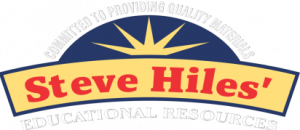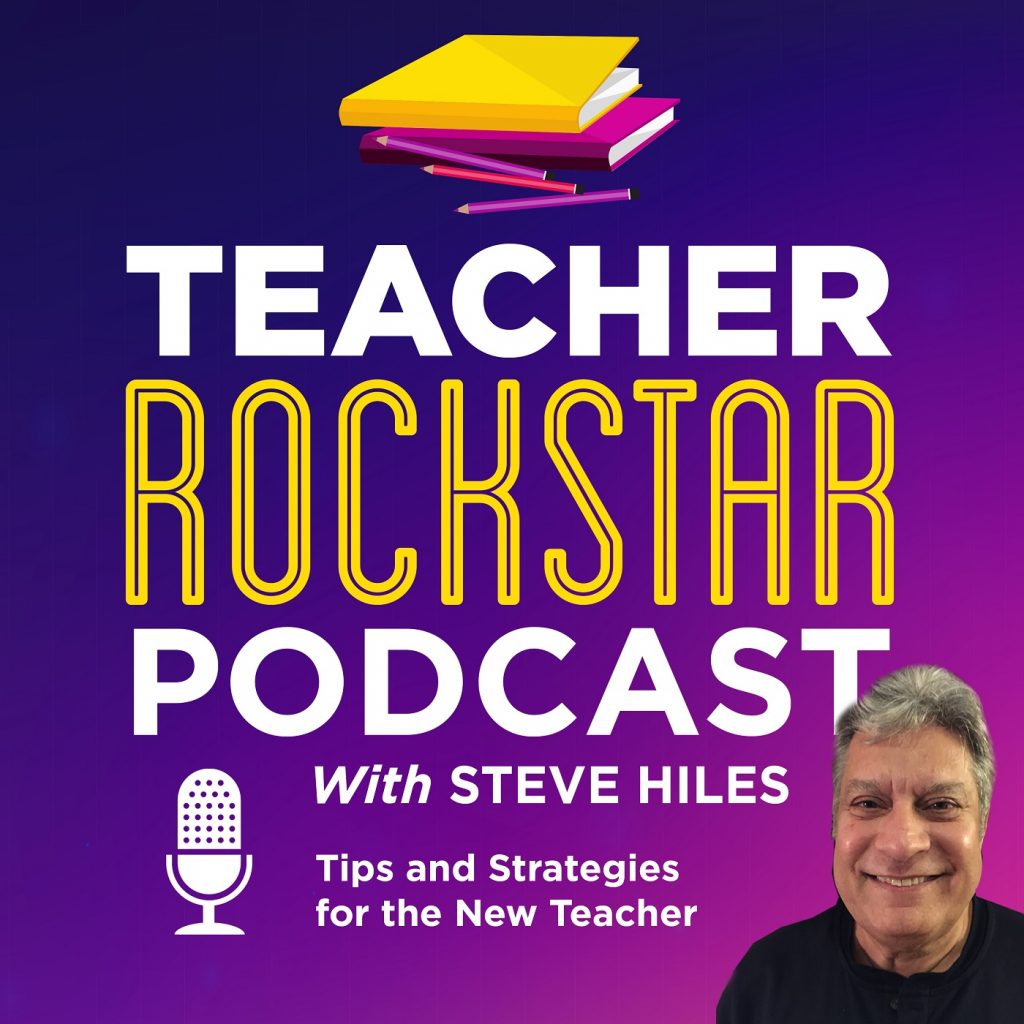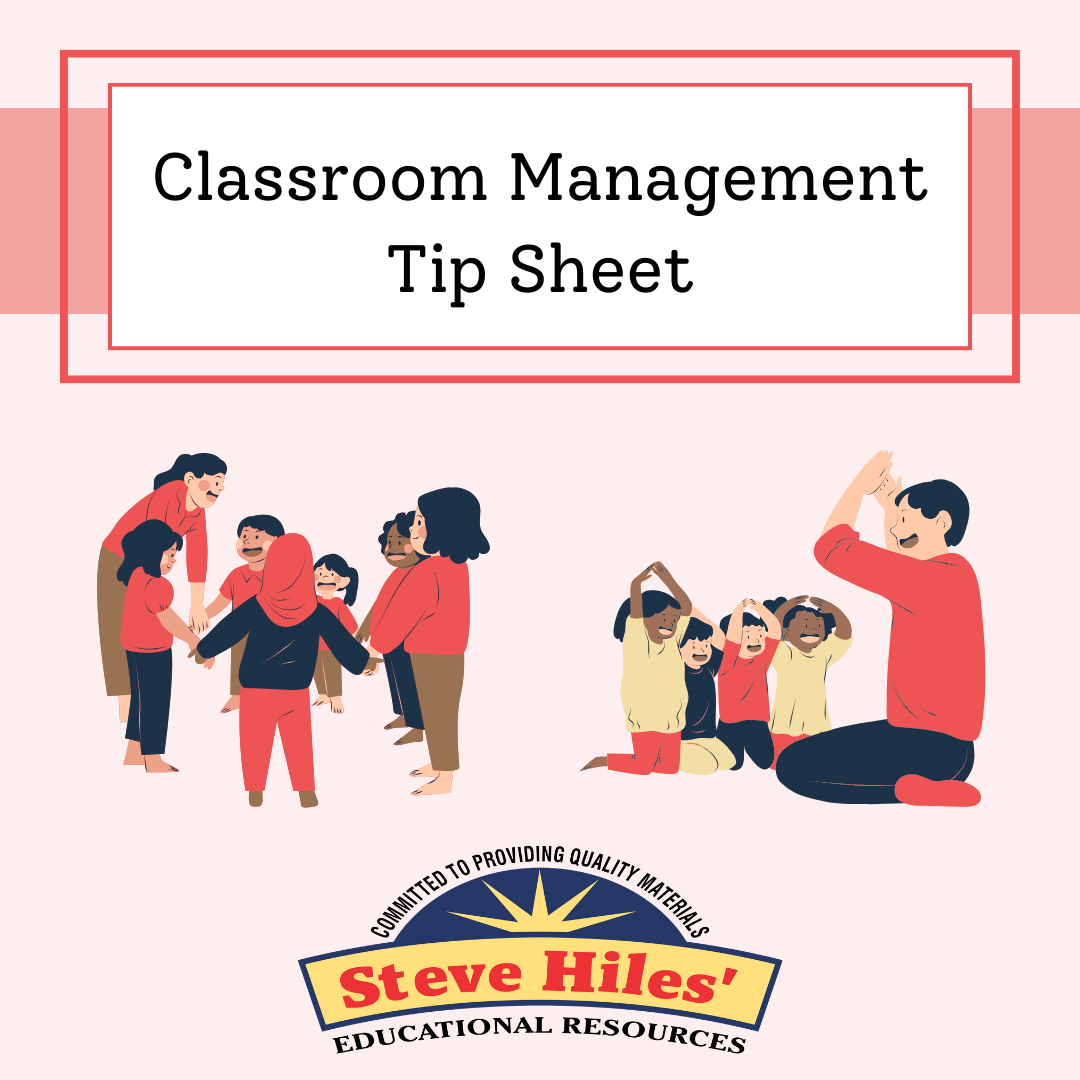Those crucial first impressions tend to last. How you introduce yourself at the beginning of the first class may have real impact throughout the term.
Class starts before the bell rings. You will want to be present at the classroom door to personally greet your students. Shake their hands, smile and say something friendly. This may be the first time they have ever shaken hands with an adult!
You want to make sure that your name and room number are posted on the whiteboard in large letters. You can write it before they enter — or as many teachers do, have students watch as you write on the board. That is a good way to catch their attention initially.
Introduce yourself to the class by pronouncing your name very clearly so that there will be no confusion as to how you would like to be addressed.
Table of Contents
Toggle“Good morning, Students. Welcome to Room X.
I am Mr. / Mrs. Smith and I will be your teacher this term.”
I feel that what you actually decide to share with your students on the first day of class should be your personal choice. Some things you might want to share include (but are not limited to) the following:
- How long you have been teaching
- Your teaching philosophy
- What makes you a professional (e.g. attending college courses, workshops, professional readings, etc.)
- Your family circumstances (married, how many children, etc.)
- Where you come from (especially if from another community or other country)
- Things you most enjoy – hobbies, travels, teaching certain subjects
Finish your introduction with your “Positive Expectations” of the class. I also share with the students that invariably I have students year after year coming back and telling me that they really enjoyed their fourth-grade experience.
I usually end with a statement such as:
“Boys and Girls, we will be learning about so many exciting things.
I hope that your Fourth-Grade year will be the best year ever!”
Non-Verbal Communications – What Your Voice and Body Language Say…
Popular TV shows in recent years have depicted experts who can tell if someone is telling the truth or lying, simply by observing the muscles of the face. The study of body language has really come into its own in the corporate world and as training for politicians. Without delving too deeply into this fascinating subject, it is something that teachers should consider: what are the subtle cues you are giving your students? Students can be amazingly astute and reactive to your body language and tone of voice.
Something as simple as how you say “hello” (or “hi!”) can speak volumes and affect students’ mood all through the class. Do you speak too softly? Or thunder your hellos? Do you want the students to respond energetically back at you?
Like an actor, you will need to be able to project your voice to the back of the classroom – (check now) is your throat tight? Is there tension around your mouth that prevents you from speaking clearly? Speech lessons are not a bad idea for teachers. Is your voice interesting to listen to? Too many teachers tend to mumble or speak without much variation or in repetitive vocal patterns that tend to put their listeners to sleep (no wonder kids may say their teachers are boring!). Others tend to drop in volume by the end of a sentence so that the last words are unclear to listeners. Still others put the emPHAsis on the wrong SYLlables.







